Tolerance Paradoxes Explained
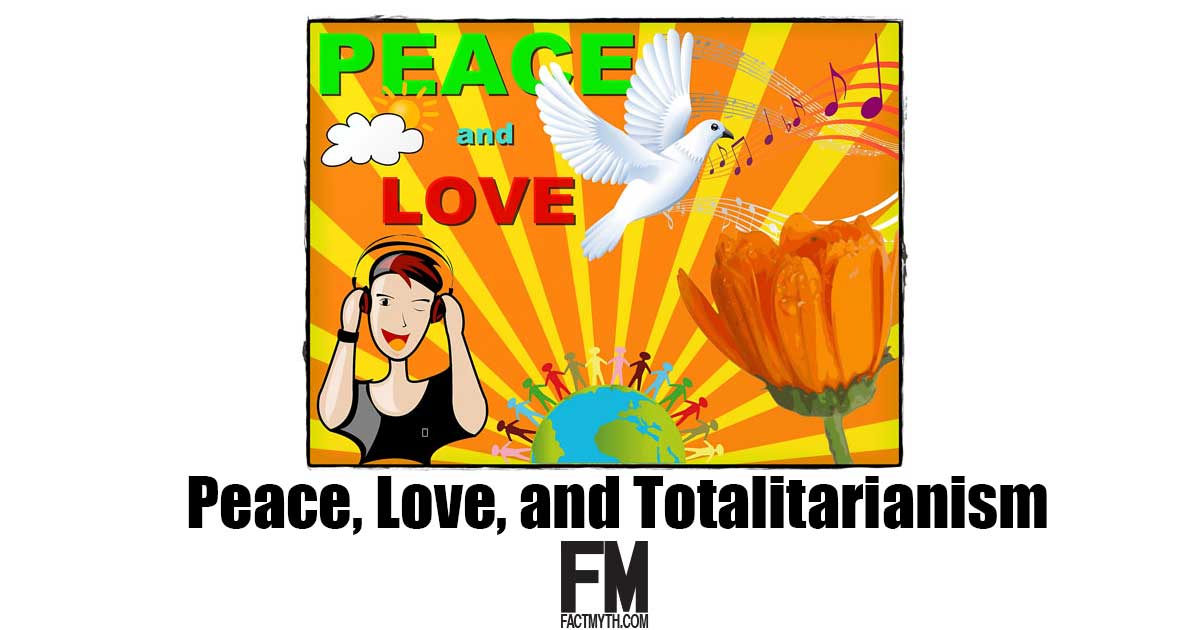
We explain paradoxes related to tolerance and Politically Correctness (PC), including “the paradox of tolerance” and “tolerance as a form of intolerance.”
Society and Social Sciences is a broad category referring to the relationships between networks and groups of people, and the study of this.

We explain paradoxes related to tolerance and Politically Correctness (PC), including “the paradox of tolerance” and “tolerance as a form of intolerance.”

America’s founding fathers intended the U.S. to be a Republic (elected officials vote on laws), rather than a Direct Democracy (everyone votes on laws).

America’s economic system meets the definition of capitalism, but not pure free market capitalism. America has a mixed-market economy.

America is not “a Christian nation” in terms of having a national religion. Despite a majority of Americans being Christian, the Bill of Rights ensures religious liberty for all.
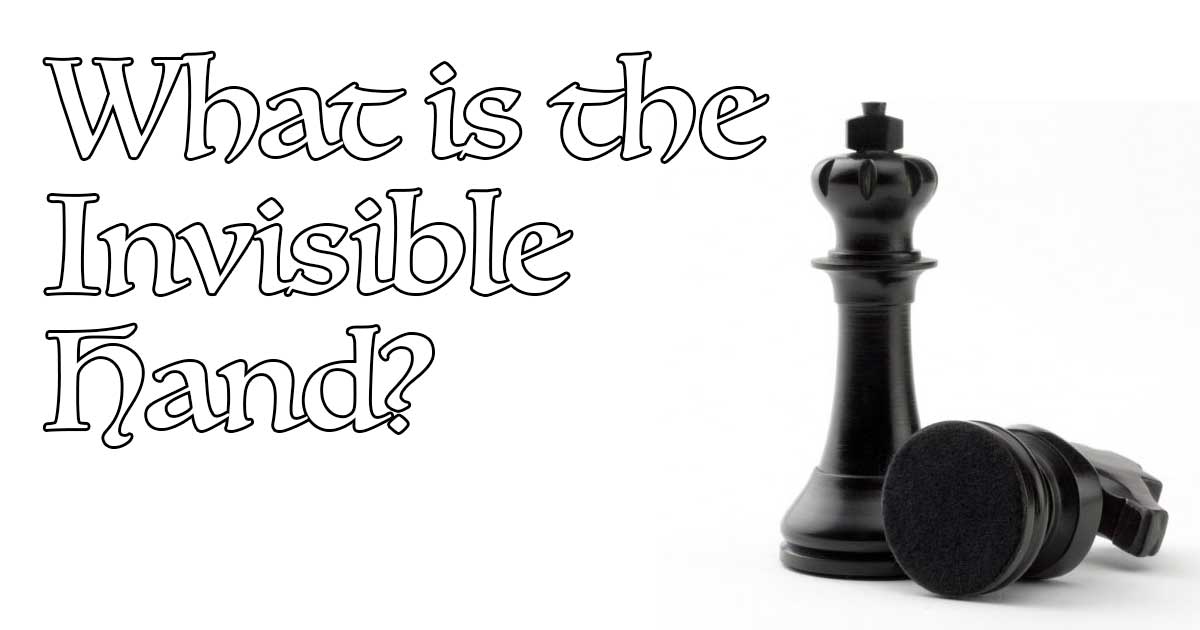
“The invisible hand” is a term used by Adam Smith to describe the theory that self-interest leads to social and economic benefits in a free-market.
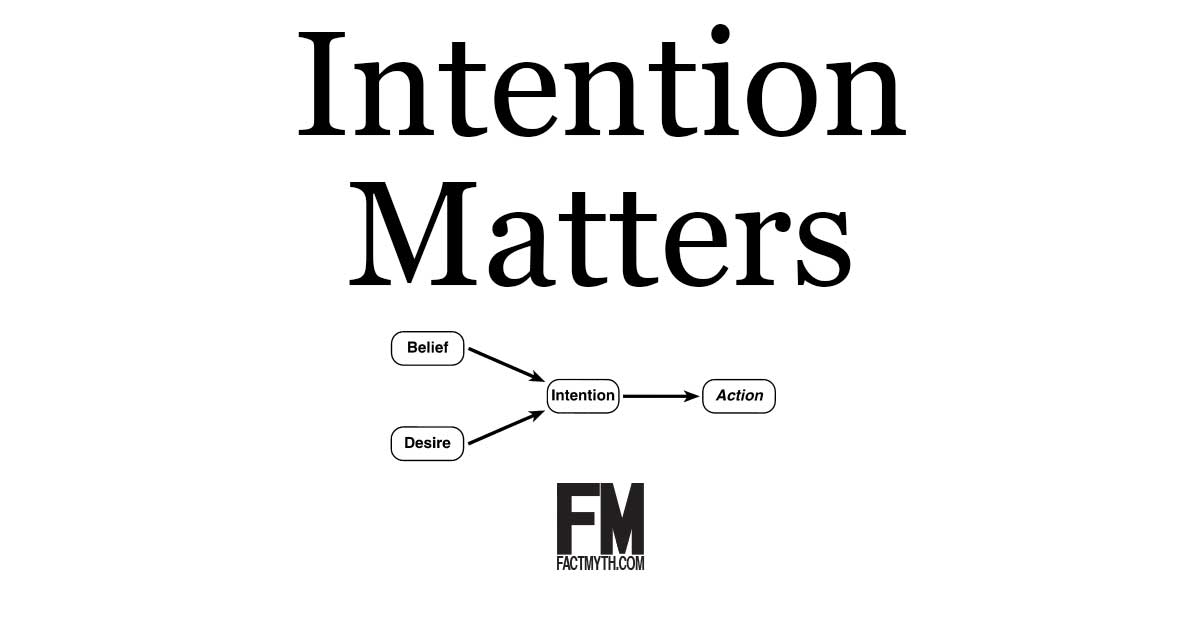
Intention matters in planning, action, and doing. Attention, intention, and impact are all important components of an action.
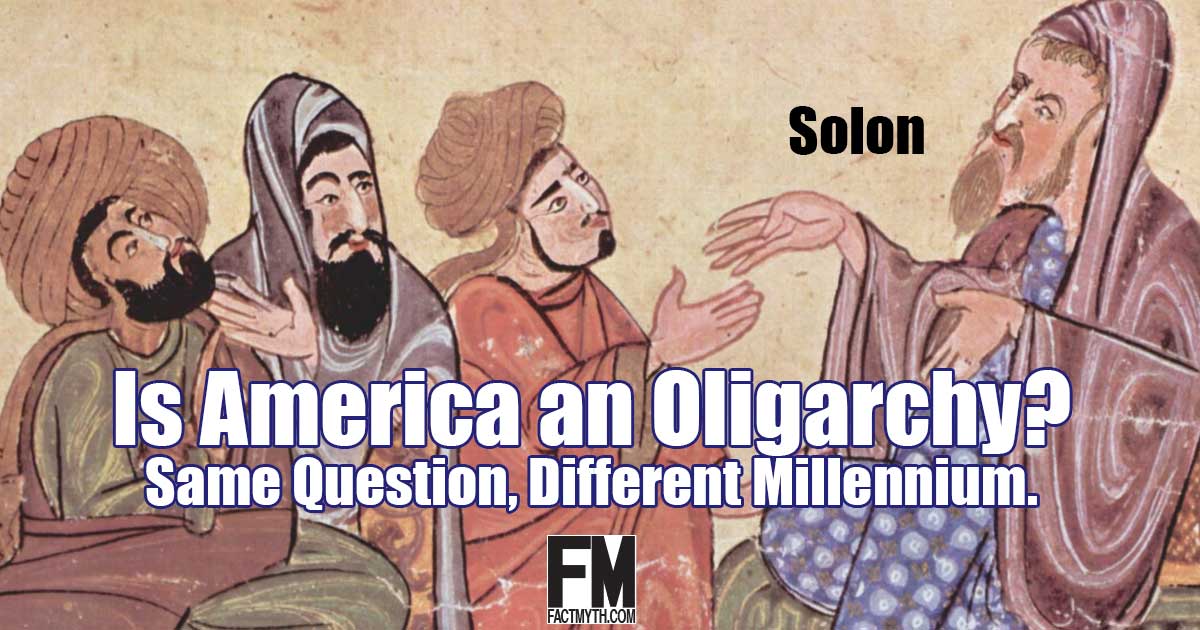
The United States is a Federal Republic with democratic values that some claim contains a growing oligarchy (or corporatocracy). We look at those claims.
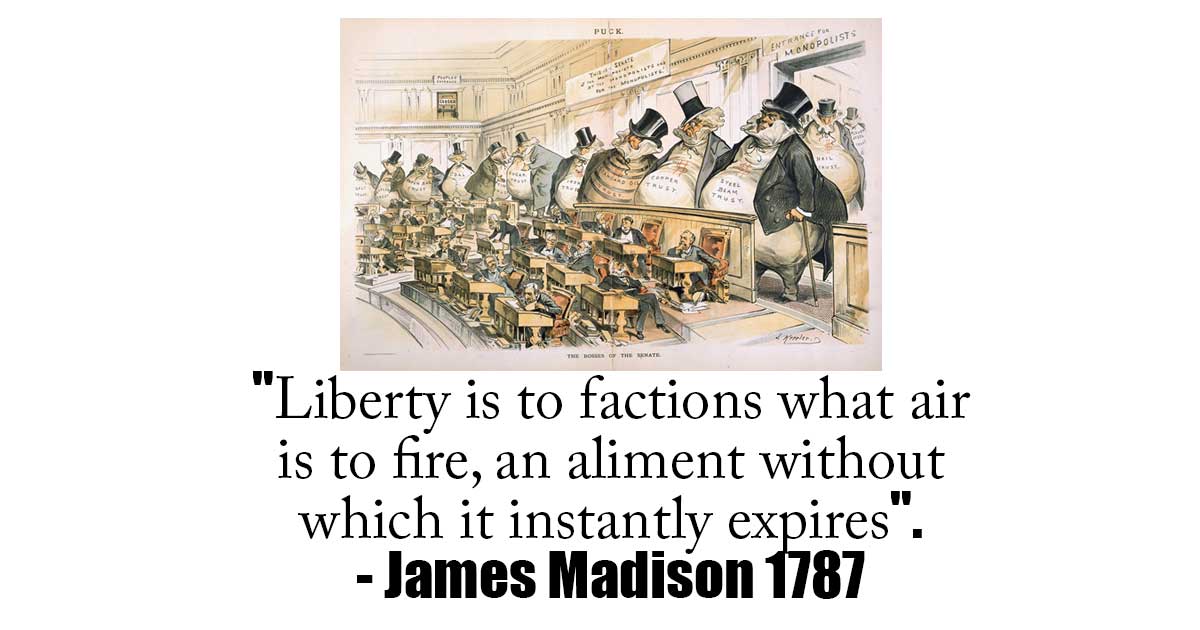
Special interests describe interests that are not purely public interests. Factions (special interest groups) are groups formed around shared interests (special interests).
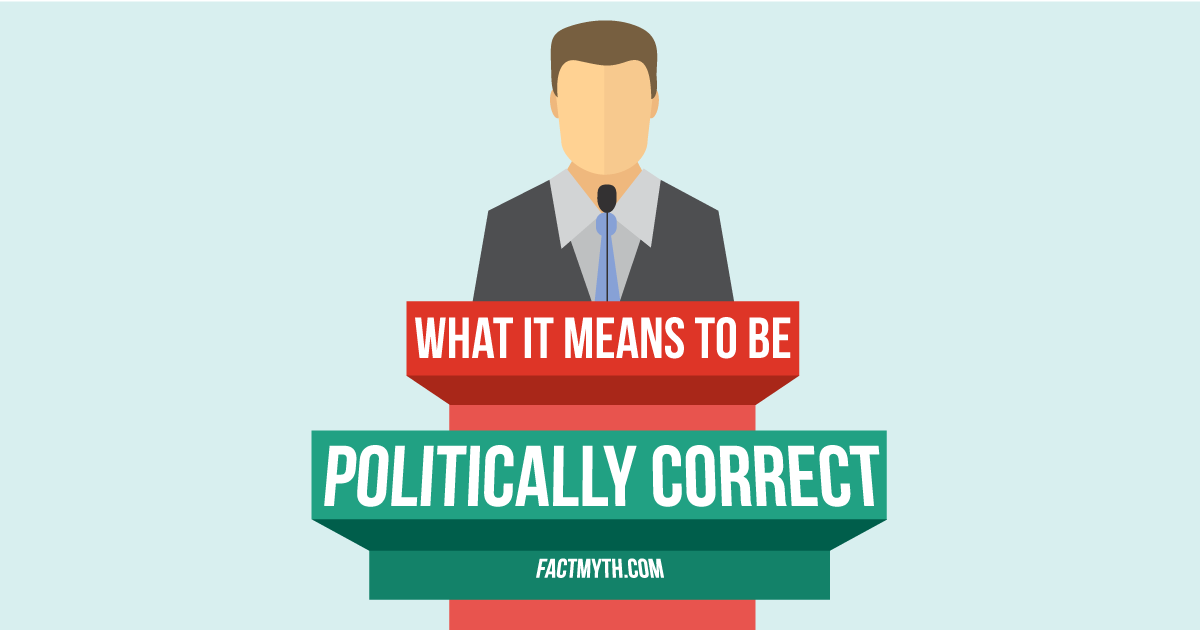
Political Correctness (politically correct or PC), describes how much tolerance, sensitivity, censorship, and freedom of expression “is correct” in a given setting.

A progressive tax (those who make more pay more) is generally “more fair” than a flat tax (everyone pays the same rate).